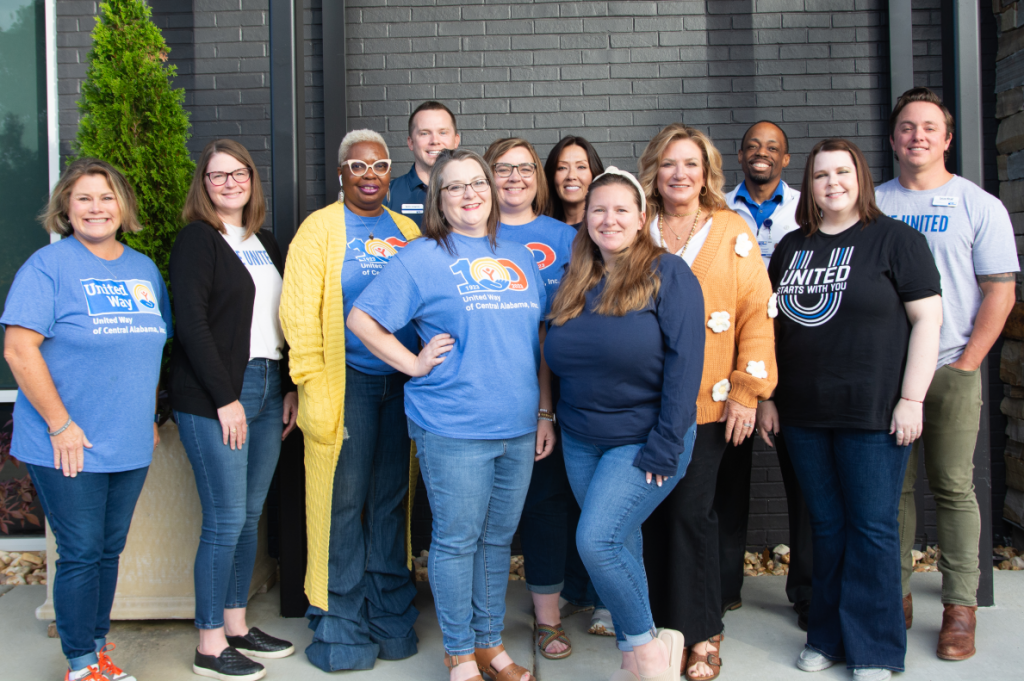
Alabama Partners in Care (APiC), made up of 17 HIV care providers throughout the state, hosted its semiannual conference on United Way of Central Alabama’s (UWCA) campus last week.
Each of the 17 providers in the partnership provide care for Alabamians living with HIV through Ryan White Part B funds, which the state has chosen UWCA to administer.
At the conference, HIV care professionals were given the opportunity to hear about current HIV research, learn about Medicare services for people living with HIV and participate in discussion about their organizations’ priorities and cultural challenges related to their work.
In addition to the conferences, APiC also offers comprehensive online education for clinics and agencies throughout the state. Jason Head, Education Coordinator with UWCA’s Ryan White team, said the people who begin working in HIV care are not often given the education they need.
“A lot of these individuals, it’s either their first job or their first time in HIV care. I think there is an assumption that because they’re in HIV care, they do have that knowledge,” Head said, “but being a social worker in HIV care is completely different than being a social worker for [an operation] like DHR.”
Topics covered by APiC’s online courses and webinars include everything from working with contracts to dealing with stress from working in the HIV care field, created after consulting national organizations such as the National Alliance of State and Territorial AIDS Directors (NASTAD).
In addition to the education APiC provides for its partners, the group’s meetings also serve as a place for people working in HIV care to know “they’re not alone,” Head said. People working in the field see a lot of distress in their jobs.
“It doesn’t matter how prepared they are,” Head said, “every single time you tell somebody — and I’ve told hundreds of people they have HIV — they think it’s a death sentence, which it absolutely is not.”
While Head now works on UWCA’s team, he knows the stresses of working in HIV care well, having spent more than 10 years working directly in the field himself, most recently at Health Services Center in Anniston, Alabama. HIV diagnoses almost always disrupt other aspects of people’s lives or add to other concerns, such as substance misuse, for example, Head said.
When putting together APiC events, Head said, the team places emphasis on allowing the attendees to feel they’re getting a break from their day-to-day. Previous retreats have included visits to The Grand Hotel in Point Clear and Top Golf in Birmingham.
“As important as the knowledge, is just breaking free and having a detachment period involved with it, too. We’re intentional about making sure they do have that time to unwind,” Head said. “We try to really make it nice for them because they deserve that.”
To learn more about APiC, go to https://www.uwca.org/our-work/healthy-communities/alabama-partners-in-care.